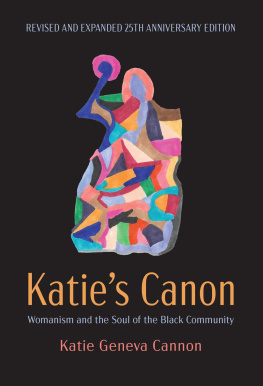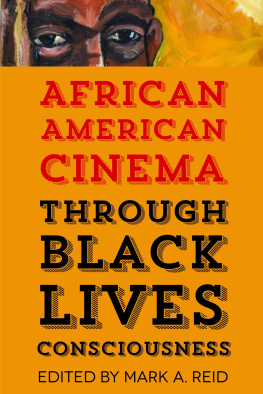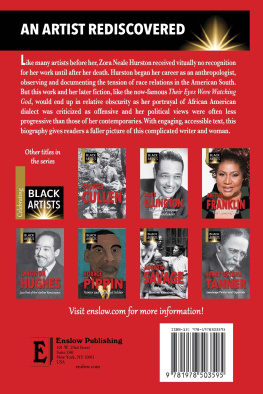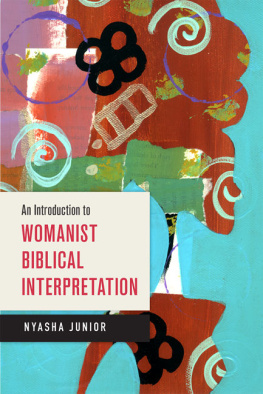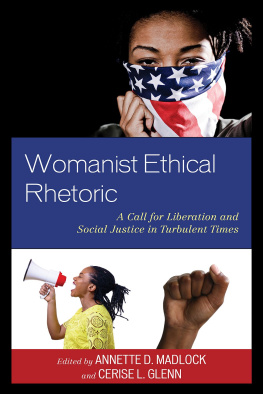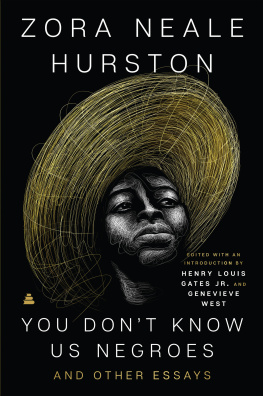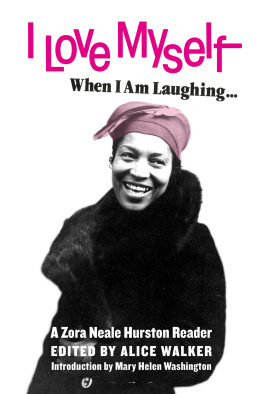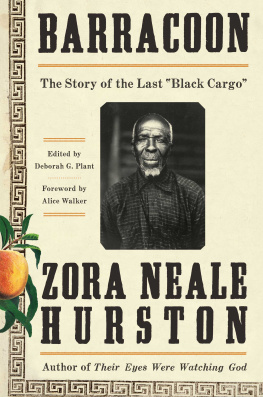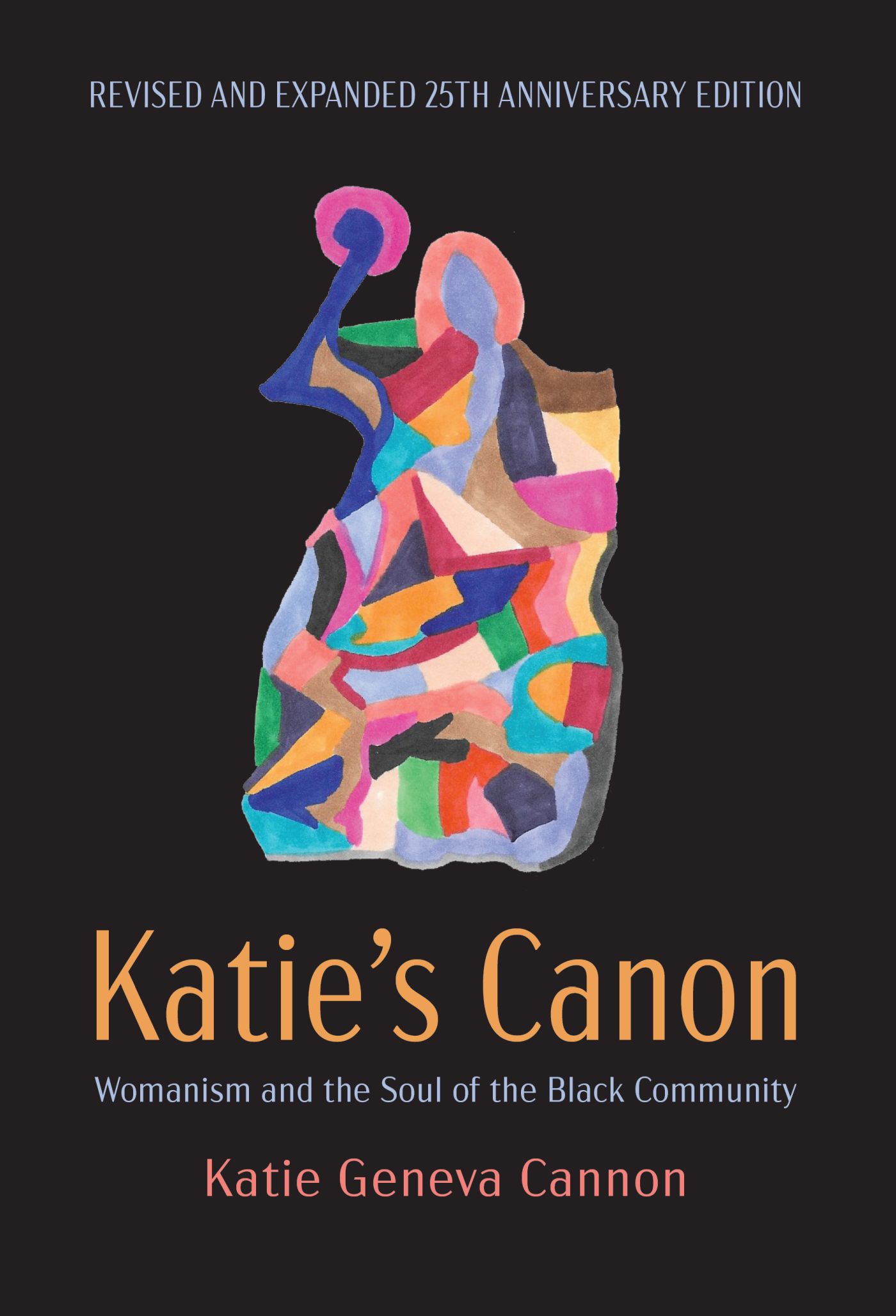
Katies Canon
Katies Canon
Womanism and the Soul of the Black Community
Expanded 25th Anniversary Edition
Katie Geneva Cannon
Fortress Press
Minneapolis
KATIES CANON
Womanism and the Soul of the Black Community
Copyright 2021 Katie Geneva Cannon. Printed by Fortress Press, an imprint of 1517 Media. All rights reserved. Except for brief quotations in critical articles or reviews, no part of this book may be reproduced in any manner without prior written permission from the publisher. Email or write to Permissions, Fortress Press, PO Box 1209, Minneapolis, MN 55440-1209.
Chapter 1: First published in Letty M. Russell, ed., Inheriting Our Mothers Gardens: Feminist Theology in Third World Perspective, 1st ed. (Louisville, KY: Westminster John Knox, 1988), 7590. Chapter 2: First published in Letty M. Russell, ed., Feminist Interpretation of the Bible (Philadelphia: Westminster, 1985), 3040. Chapter 3: First published in the Annual of the Society of Christian Ethics 4 (1984): 17192. Chapter 4: First published in the Zora Neale Hurston Forum 2 (1987): 3848. Chapter 5: First published in the Annual of the Society of Christian Ethics 7 (1987): 16577. Chapter 6: First published in the Annual of the Society of Christian Ethics 13 (1993): 18996. Chapter 7: First published in Elisabeth Schssler Fiorenza, Shelly Matthews, and Ann Graham Brock, eds., Searching the Scriptures: A Feminist Introduction (New York: Crossroad, 1993), 31637. Chapter 8: First published in Marvin Ellison and Kelly Brown Douglas, eds., Sexuality and the Sacred: Sources for Theological Reflection, 2nd ed. (Louisville, KY: Westminster John Knox, 2010), 7894. Chapter 9: First published in Victoria Byerly, ed., Hard Times Cotton Mill Girls: Personal Histories of Womanhood and Poverty in the South (Ithaca, NY: ILR, 1986), 2639. Chapter 10: First published in the Journal of Feminist Studies in Religion 1 (1984): 3751. Chapter 11: First published in the Daughters of the African Atlantic Fund, April 26, 2016, https://www.africanatlanticdaughters.com/2016/04/26/the-hinges-upon-which-the-future-swings/. Chapter 12: First published in Beverly Wildung Harrison, Robert L. Stivers, and Ronald H. Stone, eds., The Public Vocation of Christian Ethics (New York: Pilgrim, 1986). Chapter 13: First published in Semeia 47 (1989): 922. Chapter 14: First published in Emilie M. Townes, ed., A Troubling in My Soul: Womanist Perspectives on Evil and Suffering (Maryknoll, NY: Orbis, 1993), 21931. Chapter 15: First published in the Journal of Feminist Studies in Religion 8, no. 2 (Fall 1992): 12530. It was originally presented at a session of the Womanist Approaches to Religion and Society Group at the 1991 Annual Meeting of the American Academy of Religion. Conclusion: First published in the Journal of Feminist Studies in Religion 9 (1993): 2937.
Cover image: Katie Geneva Cannon
Cover design: Savanah N. Landerholm
Print ISBN: 978-1-5064-7129-7
eBook ISBN: 978-1-5064-7130-3
While the author and 1517 Media have confirmed that all references to website addresses (URLs) were accurate at the time of writing, URLs may have expired or changed since the manuscript was prepared.
To
Joan Dexter Blackmer, my wise friend
Angelin Jones Simmons, my bestest friend
EttaMarie Katherine Moon, my youngblood
Contents
For a year, Katie Cannon and I sat together locked in intense, passionate conversation: she the storyteller and sage, I the narrator and spider woman weaving her tales. Together we created Katies life story, The Fruit of My Labor, a penetrating portrait that opens my book Ive Known Rivers. In Rivers, I was using a form of inquiry that I call human archaeologya deep examination of human relationships, development, and experience that seeks to uncover mask and persona and reveal the authentic core of a persons identity. It requires a sustained dialogue, whose success depends on extraordinary trust, empathy, symmetry, and synchrony between the storyteller and the narrator.
Katie Cannon became an enthusiastic and brave practitioner of human archaeology, a creative and inspired storyteller. At first she was reluctant, understandably resistant to the exposure and vulnerability of the process. She worried about her worthiness. Were her life and experience interesting enough and exciting enough to warrant documentation and record? Were there not far more illustrious and important people whose stories deserved to be told? She worried about exposing her family and loved ones, making their stories public, compromising their privacy, undermining their hard-earned dignity. She worried about revisiting the trauma, the dark tunnels of her experience, and rehearsing the pain of her life. She even worried about me. Would I be able to tolerate the raw anguish, the bitter rage that was likely to explode in our conversations?
I, of course, assured her that when I invited her to join this project, I already knew that her life story would be rich and powerful, that she would be a courageous and provocative storyteller. I promised her both that we would be careful about honoring the dignity of her family and that I could certainly stand the intensity and pitch of her anger and anguish. Her reluctancehaving been voiced and namedwas quickly discarded, and Katie Cannon threw off all the shackles of caution and inhibition. She worked very hard, dug very deep, and was relentless in her pursuit of the truth. After our sessions, she would feel exhausted, totally spent. She would go home, pull down the shades, sleep it off, and begin to build her energy and stamina for our next session. She even worked between our encounters, musing, reflecting, even acting on impulses that got ignited during our conversations. She would return to the next session with an agenda, with reminders of issues she wanted to raise, ideas and questions that deserved greater scrutiny, and emotions that needed to be voiced.
Besides the intensity and urgency of her work, Katies stories revealed a wonderful blend of innocence and worldliness and a fabulous, raucous sense of humor. (When she was a child, she loved doing stand-up comic routines.) She has the clear, wide-open eyes of a child and the deep, all-knowing vision of an elder. Very early in our work, I saw the power of this developmental paradox: the convergence of young and old. Katie is aware of it as well and uses it strategically in her teaching. In Ive Known Rivers, I spoke about her mischievous wit, her youthful perspective, and her wisdom:
[Cannon] is forty-one years old but seems to me both older and younger. Older, in the sense that she sometimes seems to be old-fashioned in her style, idiom, and connection to her rootslike someone from our mothers generation. (Katie notices that her white women colleagues often say to her, You sound just like my mother. And, with the undergraduates she teaches at Wellesley College, I feel like their grandmother.) She appears younger than her years, however, in her eagerness, her idealism, her commitments, and her irreverence.
On the first day of her undergraduate course on liberation theology, Katie wanted to shatter the Wellesley girls narrow image of minister and did it all in one swoop. She opened her first class by proclaiming, Ive already done in my life everything that I said I wouldnt do! She makes a big whirling motion with her arms and spins her head around to show how those childrens minds were blown. She clearly enjoys her role as provocateur, relishes the chance to challenge the stereotype, to do the unexpected. In these moments of challenge and irreverence, she seems almost adolescent. Her eyes are mischievous, her face unlined, her body in motion. (18)
Next page
